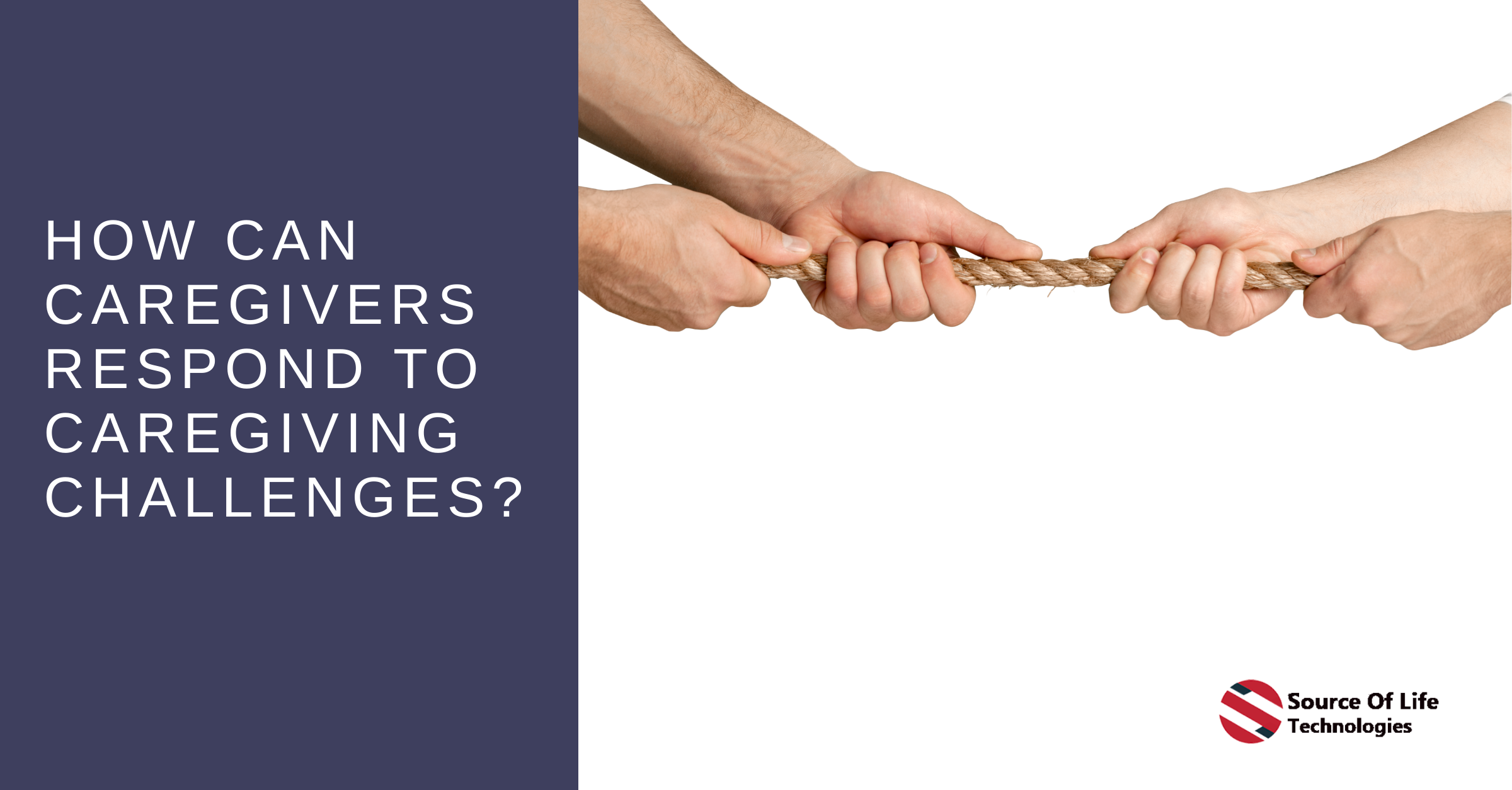How Can Caregivers Respond To Caregiving Challenges?

Paid or unpaid, caregiving is a job.
Millennials, to Boomers, and now even Gen Z, caregivers today are dealing with increased stress and burdens of juggling the needs of their immediate family and that of aging parents – much less a career or any personal interests. Age does not matter when coping with the challenges caregiving can bring.
Not every person in need has a family network or support system to ask for help, but there are resources available. Don’t forget to check out organizations such as AARP.
So, what seem to be the challenges caregivers are facing? Conversations we are having have these at the forefront:
- Burnout
- Isolation
- Difficulty accessing help and resources
- Financial strain
Studies have confirmed that family caregivers have higher levels of stress, anxiety, depression and other mental health challenges compared to those who don't do caregiving.
What do you find most challenging in being a caregiver?
Talking through the difficulties of caregiving with a trusted friend, religious advisor, or experienced caregiver can help. And don’t hesitate to seek out professional counseling when needed.
Success for caregiving in 2022
How can caregivers tackle these mentioned challenges head-on?
With a combination of technology, strategy, and access to resources, caregivers can begin to address these challenges. Source of Life Technologies is a partner in caregiving and here are some suggestions to tackle these challenges:
- Include a Caregiving Coordination System
The use of mobile technology has increased over the last couple years in this caregiver’s home. Caregiver scheduling can all be done from the logging in and out by phone offering peace of mind in knowing when respite is on the way.
- Use Remote Monitoring
The use of technology by way of monitoring during sleeping hours specifically has brought peace of mind into homes.
- Access Virtual Physicians and Mental Health Visits
Virtual visits have shown a large potential in reducing caregiver stress by allowing the opportunity to arrange visits at home and take less time and expense when in office visits are not necessary. Not to mention, busy schedules, finding the time for treatment and stigmas that surrounds mental health can stifle access.
- Engage in Online Support Groups
Engaging in a community of likeminded individuals from the comfort of one’s own home can provide emotional support and decrease feelings of isolation. Receiving practical strategies, advice and shared experiences in a welcoming space relieves feelings of isolation.
Overall, technology platforms and quick access to support networks for virtual and remote care can help establish relationships, decrease worry, anxiety and offer relief for burnout.
Find out more information here and join us for an upcoming webinar with Rachael Wonderlin, Dementia By Day, on May 10 at 2pm to learn more about caregiver burnout strategies.
From senior care fall strategies to online engagement and mobile app opportunities, healthcare shouldn’t be reactive - it should be proactive.
Doors have been opened to on-demand healthcare and it turns out the overwhelming majority of patients, physicians, families and therapists want to continue down that path. The decision to modernize your senior care strategies is a big one and doesn’t happen overnight.
Talk to the Source of Life Technologies team for the guidance and direction you need to make the change in your organization or home.

